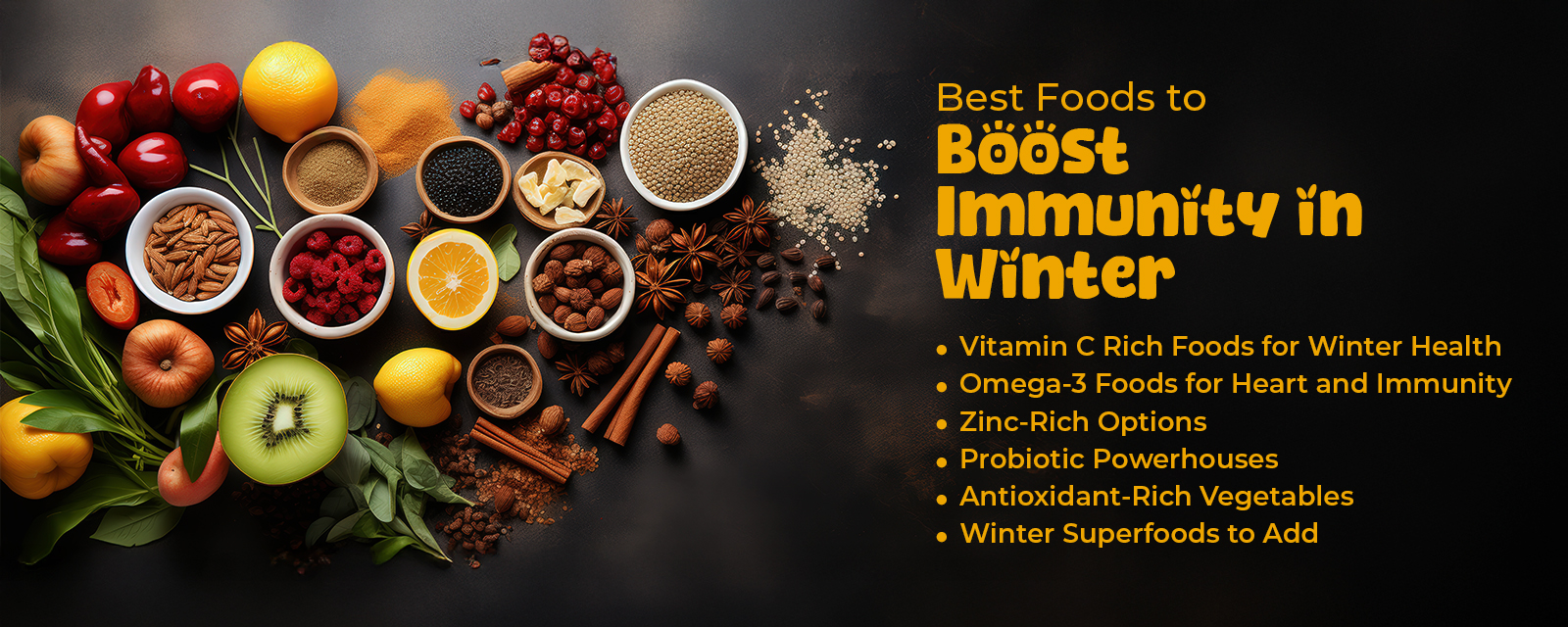
A recent survey in the Delhi metropolitan region showed that around 69% of households had someone with flu-like symptoms.
In India, we often think of viral infections as temporary illnesses affecting our respiratory system and take simple painkillers to get better.
However, new groundbreaking research has revealed that common viral infections can significantly increase your risk of heart attacks and strokes, not just during illness but potentially for years afterward.
Especially in winter, when flu infections are at their peak, understanding this connection could be crucial for protecting your cardiovascular health.
In this blog, we tell you everything about the new research, the risk of viral infections & heart disease, and how you can protect yourself.
How the flu increases your risk of Heart disease:
In the Journal of the American Heart Association, a new meta-analysis has shed light on how the flu can cause a heart attack or stroke.
After reviewing 155 studies, spanning several decades, researchers discovered a concerning trend involving COVID-19.
The research uncovered an alarming connection between viral infections and heart disease:
Influenza's Impact: People who got the flu faced a higher risk of heart attack within a month, which is 6 times higher than normal people.
This risk can increase dramatically in winter when flu season arrives, especially for those with existing heart concerns.
COVID-19 Connection: Individuals who contracted COVID-19 showed nearly double the risk of developing heart disease or stroke, compared to those who didn’t get the disease.
This finding reinforces the importance of COVID-19 heart disease risk and how prevention is needed beyond just curing immediate illness.
Long-term Consequences and Who’s at risk?
When you contract flu or shingles, the dangers don't end when acute infections go away and you will still be at the risk of cardiovascular challenges:
According to Dr. Scott Roberts from Yale School of Medicine, viruses can trigger an overwhelming immune response that causes inflammation throughout the body.
The increased inflammation stresses your heart and can increase blood clotting risk.
The silver lining here is that the severity of your illness matters with mild infections posing lesser risk. This way prevention and immune support becomes important.
Who's at Risk?
The research study’s lead author Dr. Kosuke Kawai from UCLA's David Geffen School of Medicine says that it's not just people with existing heart problems who need to worry.
He emphasized that younger adults and individuals without any cardiovascular risk factors need to be cautious if they have serious viral infections.
The risk varies depending on the specific virus, but everyone should take protective measures seriously.
Do vaccines protect against heart disease? Dr. Kawai also says that apart from boosting your immunity with a balanced diet, vaccines offer solid protection against particular viruses while potentially safeguarding against cardiovascular complications.
They train your immune system to fight off real infections more effectively, reducing the likelihood of severe illness that threatens cardiovascular health.
Available vaccines include:
Best Foods to Boost Immunity in Winter:

What you eat plays a crucial role in strengthening your immune system, especially during winter when viral infections peak.
A well-balanced, heart-healthy winter diet, with anti-inflammatory foods can equip you to fight off infections and reduce their severity.
Here are some of the foods you should include in your diet:
Vitamin C Rich Foods for Winter Health:
Omega-3 Foods for Heart and Immunity:
Zinc-Rich Options:
Probiotic Powerhouses:
Antioxidant-Rich Vegetables:
Winter Superfoods to Add:
Lifestyle habits for a stronger Immunity:

Flu and other viral infections spread through contact, so regular handwashing remains one of the most effective prevention strategies. Avoid close contact with sick individuals.
Get adequate, 7 to 8 hours of sleep to help your body recover and get time to rest. Chronic stress should also be managed slowly and steadily, without straining the heart.
Workout regularly; even moderate levels of exercise can boost immune cells and heart health.
Limit excessive sugar, ultra-processed foods, trans fats, and alcohol, as they weaken your immune response.
Drink at least 2-3 liters of water, as proper hydration helps flush toxins and keeps mucous membranes healthy. Avoid smoking.
The Bottom Line:
Heart disease is one of the leading causes of death worldwide. This research suggests that preventing viral infections could substantially reduce that burden.The integrated approach of vaccination, early treatment, and traditional cardiovascular prevention strategies offers a comprehensive path forward.
By understanding these risks and taking proactive measures, you can significantly reduce your chances of heart-related complications.
When to Seek Medical Advice
If you've recently recovered from a viral infection and experience chest pain, unusual shortness of breath, irregular heartbeat, or persistent fatigue, contact your healthcare provider.
Even without symptoms, discussing your cardiovascular risk with your doctor after a significant viral infection is wise, particularly if you have other risk factors.
This is an informative blog and does not replace any medical advice.
Explore More From Naturopedia
Why You Feel Bloated and Exhausted Even After Eating Healthy Foods
February 5th, 2026